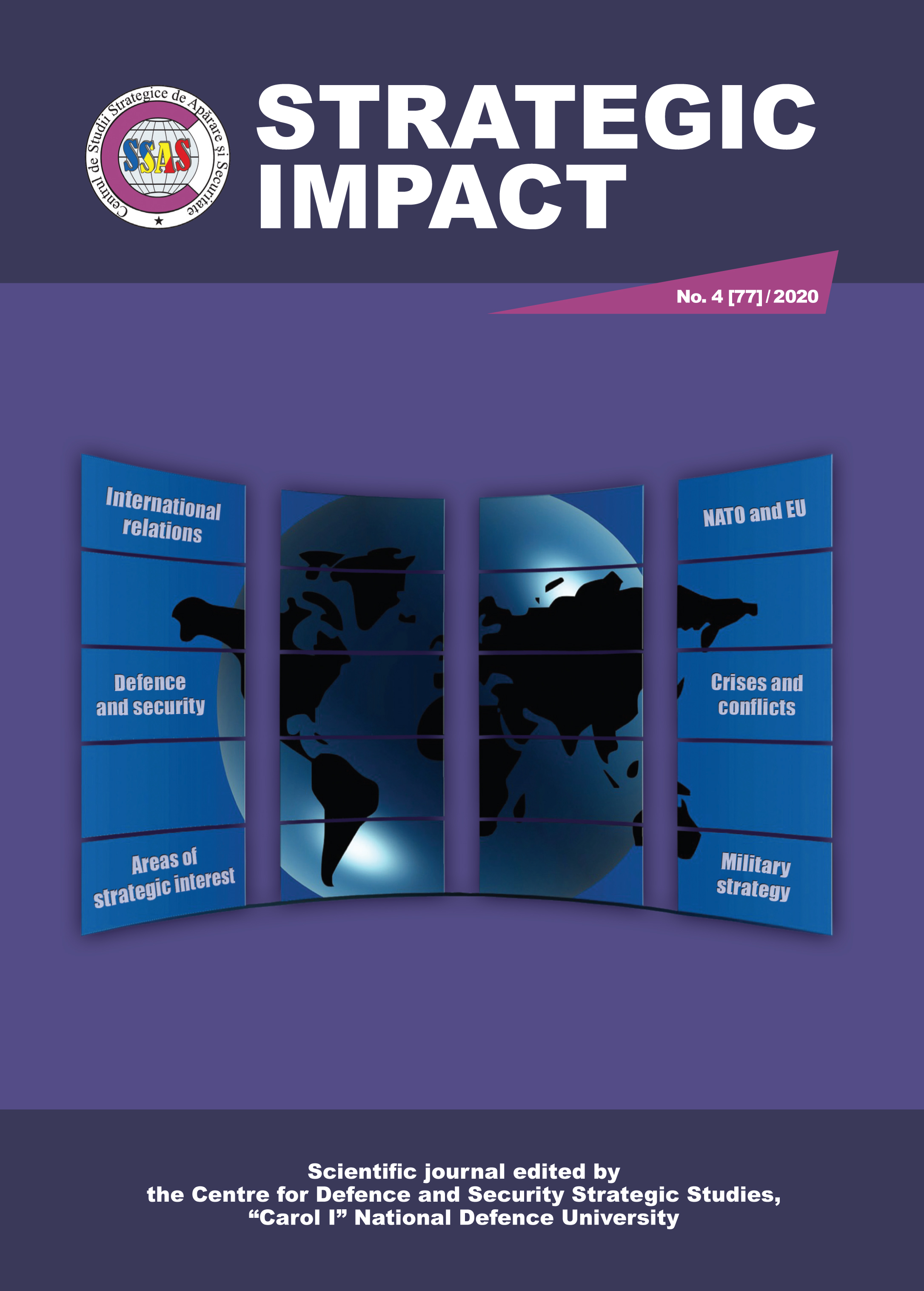DARK WEB
DARK WEB
Author(s): Attila GulyásSubject(s): Politics / Political Sciences, Politics, Security and defense, Peace and Conflict Studies
Published by: Carol I National Defence University Publishing House
Keywords: Dark Web; TOR; I2p; Freenet; espionage; privacy; censorship; exit node; network;
Summary/Abstract: As it is widely known, the World Wide Web has a dark layer that is called the Dark Web, Dark Net, Dark Internet and so on, which is unreachable for traditional search engines such as Google or Bing. The Dark Web can only be accessed via special protocols such as TOR, I2p, or Freenet that provide pretty good anonymity for the users on these networks. The Dark Web in criminal news reports is referred to as some diabolical dark place where paedophiles, hustlers, arm and drug traffickers play their filthy games. Unfortunately, it is partly true, but it has a positive side as well. Because of the anonymity in strictly censored countries, it is the only place where opposition parties, human right activists can exchange information, share their opinion and communicate with each other in a clandestine way. Nevertheless, there are states that recognize the advantages of the Dark Web where they can carry out their activity under the cloak of anonymity. The Dark Web is an ideal environment for conducting intelligence collection, espionage, procuring exploits, for exploit development, exploit testing, and geopolitical influence, not to mention the critical infrastructure disruption and financial gain. The author tries to shed some light on the popular Dark Web applications and the activities of nation state actors on the Dark Web.
Journal: Strategic Impact
- Issue Year: 2020
- Issue No: 77
- Page Range: 152-177
- Page Count: 26
- Language: English

